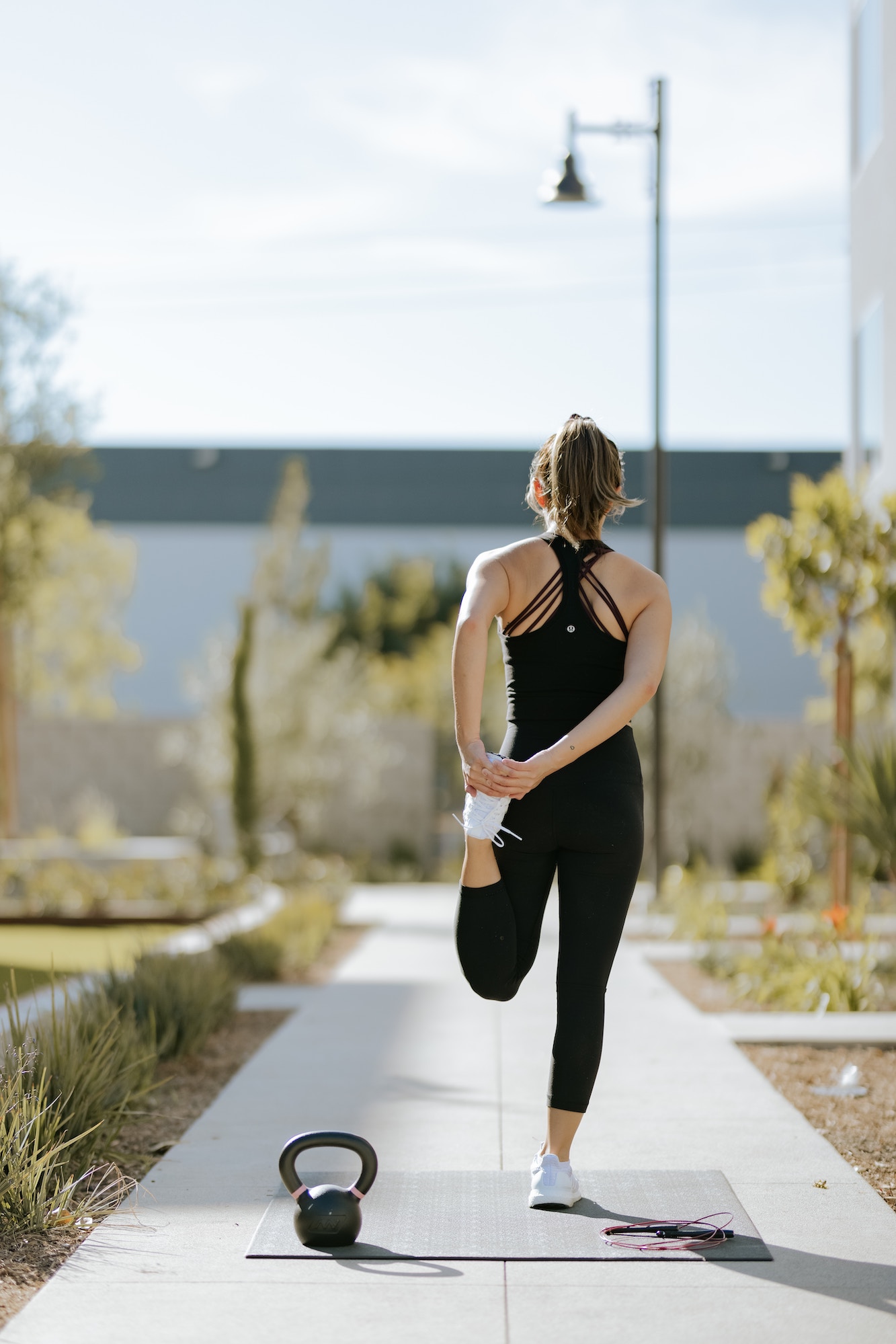
Your heart is pounding, you’re sweating, you can’t seem to find the right words to say and when you do, they come out jumbled and your voice is shaky – panic attack or anxiety?
With over 12 million posts under the hashtags anxiety and panic, there is no denying that both are prevalent in society. While they can both be terrifying to deal with and symptoms can be similar, they are in fact different and require a different approach in how they are dealt with.
What is an anxiety attack?
The definition of anxiety is the feeling of worry, unease or uncertainty of an outcome and without realising, this feeling can take over and literally send you into a spin. This overwhelming reaction can be debilitating and can stop you in your tracks. When anxiety hits, you may feel a shortness of breath and an increased heart rate as well as your mood shifting to more negative feelings and worrying (often about things that are out of your control).
It’s common for anxiety to gradually creep up rather than hit suddenly which is one of the most defining differences to anxiety and a panic attack. Anxiety can stem from a number of things such as family stress, a short deadline to meet at work or knowing you have a presentation to your colleagues coming up and even though a low dose of anxiety and stress can help to get the job done, when it starts to overflow, it can make your life a misery.
What can you do?
- Go for a walk: Underestimated, but going out to get some fresh air does wonders for calming your nerves. While you are walking, try to take some slow deep breaths and focus only on the area around you and breathing – you will feel your heart rate slow down and your anxiety start to ease as you continue to do this.
- Write it down: Get those feelings down on paper. Writing is extremely cathartic and with this day and age, something we do much less of. Scribbling down your feelings, good or bad can help to get them out of your busy brain. Whether it’s jotting some notes down on the bus home, or your day’s events in a journal, it doesn’t matter – it all helps.
- Cuddle: Human or furry friend: affection in the way of cuddles and kisses releases oxytocin in the body and also lowers the cortisol (stress hormone) levels, so reach for your nearest and dearest for a good old squeeze – it’s amazing the effect it can have on your emotions promoting calmness.
- Cut back the coffees: If you love your long black (or three) in the morning, it might be time to cut back a little. Caffeine is a stimulant and taken in excess can lead to anxiety. How much it affects people varied greatly, so if you are feeling shaky and irritable after coffee, you may want to consider skipping the second or third cup.
- Look at supplements: There are number of supplements on the market that offer assistance in dealing with daily stress and anxiety. Pop into your local health store to discuss your needs with an expert who will be able to look at what medication you may be currently taking and ensuring you are making the right choice.

What is a panic attack?
A panic attack often hits hard and fast and while some of the symptoms can cross over, it is the short build-up which is the most obvious difference. A panic attack can present itself with chest pains, shaking, trembling as well as a shortness of breath and increased heart rate. You might be familiar with seeing people blowing into paper bags on movies and this is often associated with hyperventilating which can happen when you are taking short, sharp breathes.
What can you do?
- Focus on your breathing: Panic attacks are often teamed with very fast, shallow breathing which can make you feel dizzy and out of sorts. First and foremost you want to slow your breathing right down. If it helps, count your breathe in and your breathe out which will help to make you aware of your breathing.
- Find someone: If you are near to a family member or friend grab them for a hug or hold their hand. Knowing you are not alone does the world of help when you are suffering from a panic episode.
- Think happy: At times hard to do, but thinking of a happy event can help to calm you down. It doesn’t matter what happy thought it is, just one that you know will make you think of a great time in your life and you will notice your panic easing. You may find that every time you feel panicky, you revert back to this thought as a safeguard.
- Relax your body: Concentrating on your body parts might sound weird, but it works. Focus on every part of your body starting from the toes right through your body to the top of your head. This is a form of cognitive behaviour therapy and by focussing on something like this, it distracts your mind onto something else, which often helps to slow your breathing and allow the panic to pass.
- Listen: It’s hard to see the wood for the trees when you are having a panic attack, so listen to the support you have around you when they say that it is all going to be okay – because it will be. Listening to a calm voice and focusing on the tone and the words will allow you to slow done and hopefully breathe your way out of your panic.
We always advise going to see your doctor to talk through treatment options if you feel that anxiety or panic attacks are an issue in your day-to-day life.





